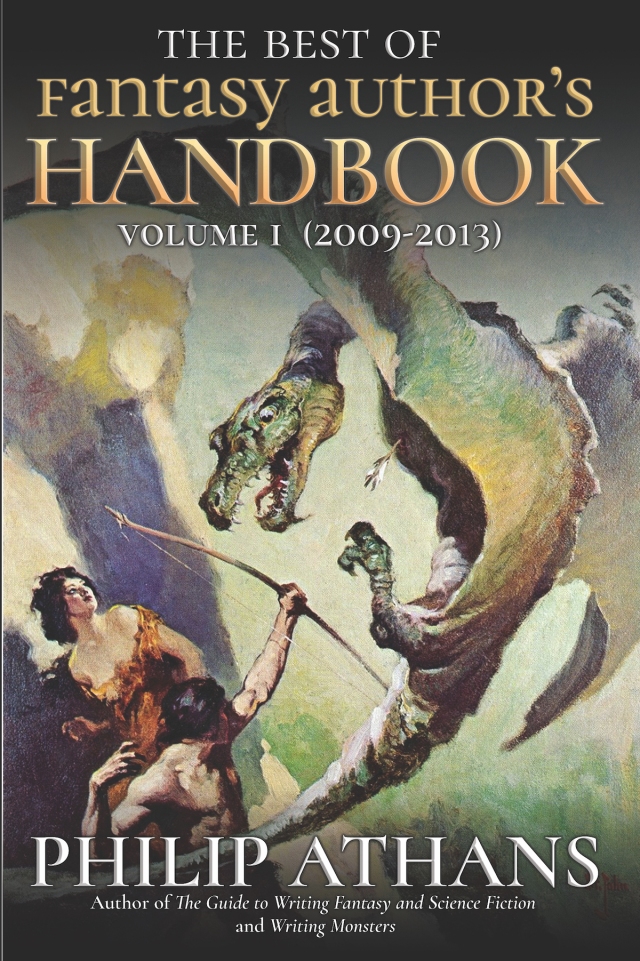After the post from a couple weeks ago I had promised to stay away from politics for a while—if not forever—and I really meant to stick to that, but then this came along, just this morning as I was reading Live and Let Die by Ian Fleming, and I just couldn’t let it go by without comment.
Going back some… At some point I realized I had never read any of the original James Bond novels and thought I ought to, so I found an old copy of Casino Royale, read it, and really kinda dug it. It was all hopelessly dated and retrograde, especially in terms of gender roles, but I was willing to chalk that up to the fact that it was written in the 50s, and it was fun enough that I decided to read the rest of the series.
Though I recently (re)wrote about the separation of author and art and have written about the endemic racism in pulp fiction that essentially came to: Hey, this was, like, ninety years ago—enjoy it for what it is—the second Bond book stopped me cold..
Live and Let Die was first published not in 1914 or 1924 but 1954, when it seems to me fiction should have at least started to catch up with the Civil Rights Movement and . . . I don’t know . . . this might sound arbitrary, because admittedly it is, but I just bristled at the initial description of the African America villain Mr. Big, tried to think of it as “quaint,” but then got to Chapter 5, which is literally, actually entitled “N***** Heaven,” and… right? Seriously? Honestly, that’s just it for me and Mr. Fleming.
This chapter features James Bond and white CIA agent Leiter moving through Harlem, observing the people there precisely as one would potentially dangerous animals in their natural habitat, describing them in no more human terms than as if they were animals encountered on a safari.
And then we get Ian Fleming’s demented attempt to convey the sound of a Black American’s voice:
“Aw honey,” the girl was anxious, “dey ain’t no use tryin’ tuh git mad at me. Ah done nuthen tuh give yuh recasion tuh ack dat way. Ah jist thunk you mebbe preshiate a ringside at da Par’dise ’nstead of settin’ hyah countin’ yo troubles . . .”
. . . and it just keeps going on like that, with the couple being eavesdropped on there only to show off Fleming’s obvious contempt for the voice, and in no other way moving the story forward at all.
Let’s be honest, the chances of that phonetic thing ever coming across as anything but offensive is actually rather slim. The next best chance is that it will be hokey. Third most common result: confusing.
See where I’m going with this?
Don’t try to convey accents phonetically, however well-intentioned you may be.
Please, just don’t.
—Philip Athans
And then, Fleming’s heirs thought they could fix what can’t be fixed. See:
He Who Controls the Past, Controls the Future, or Why Revising Old Racists is a Terrible Thing
—Philip Athans
Did this post make you want to Buy Me A Coffee…
Follow me on Twitter @PhilAthans…
Link up with me on LinkedIn…
Join our group on GoodReads…
Find me at PublishersMarketplace…
Check out my eBay store…
Or contact me for editing, coaching, ghostwriting, and more at Athans & Associates Creative Consulting?
And Fantasy Author’s Handbook is now on YouTube!
As an Amazon Associate I earn from qualifying purchases.
Absolutely not one word of this post was in any way generated by any version of an “AI” or Large Language Model.
Editor and author Philip Athans offers hands on advice for authors of fantasy, science fiction, horror, and fiction in general in this collection of 58 revised and expanded essays from the first five years of his long-running weekly blog, Fantasy Author’s Handbook.




It has been noted, sir!!
So, what is the alternative to phonetic representations? Describe the accent? A quick note in an attribution?
Word choice and the order of words in the sentence is the key… more than worthy of a post all it’s own. I promise to write that up! But in the meantime… https://fantasyhandbook.wordpress.com/2012/07/24/living-dialog/
I’m so very glad Zora Neale Hurston didn’t live to read and take your advice.
I’m willing to admit that a (very) few authors have managed to pull it off, like Susanna Clarke, but it’s dangerous ground!
Ditto to Kameron’s comment. What would you suggest as a way to deal with accents?
Yes, I agree with previous posters. This is really well placed, but what is your recommendation? I feel like phonetics are okay in the reading, provided you don’t go too far. Your sample is a great showcase of how not to do it, but I bet the reader would forgive some phonetic re-spellings.
Pingback: WRITING ACCENTS | Fantasy Author's Handbook
Pingback: ANOTHER POST ON THE SUBJECT OF DIALOG? | Fantasy Author's Handbook
Pingback: NOTES ON CHARACTER-DRIVEN DIALOG | Fantasy Author's Handbook
Pingback: HE WHO CONTROLS THE PAST, CONTROLS THE FUTURE, OR WHY REVISING OLD RACISTS IS A TERRIBLE THINGHE WHO CONTROLS THE PAST, CONTROLS THE FUTURE, OR | Fantasy Author's Handbook